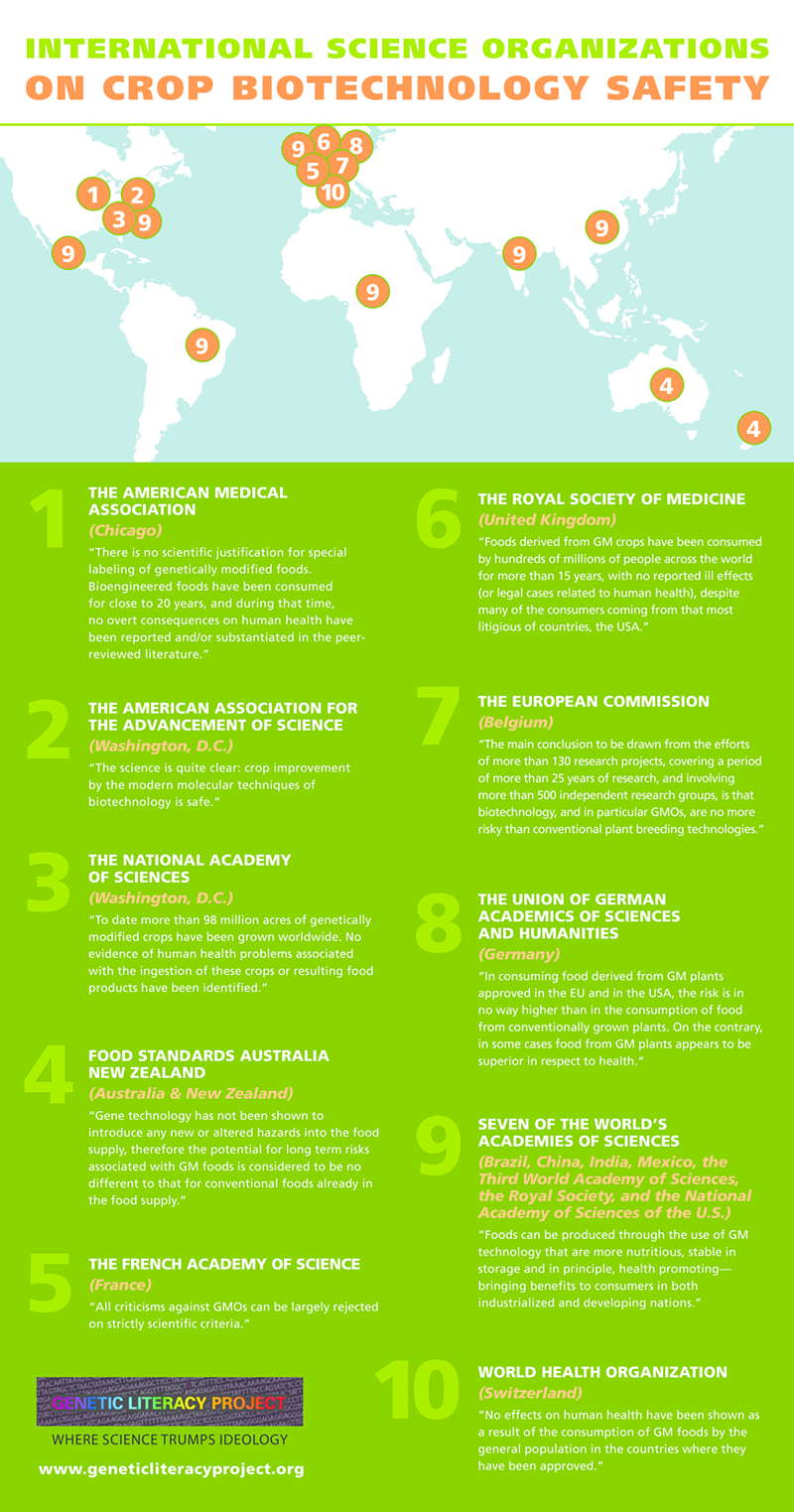Bill Nye the Science Guy and Creation Museum founder Ken Ham will engage in a so-called “debate” tonight over evolution and biblical creationism, even though the scientific evidence rules out any possibility of Nye losing on the facts of evolution.
Although the scientific evidence is clear, evolution remains a contentious conflict in the United States as religious fundamentalists struggle to reconcile their literal interpretations of religious texts with scientific facts.
The conflict between science and religion is nothing new. In the late 19th century, John William Draper, an American scientist and historian, brought the conflict to the mainstream with his book, History of the Conflict between Religion and Science.
Since then, the conflict has actually expanded to include anti-science pushback from political and business interests over a wide range of issues. Here are four leading examples of today’s conflicts as they pit science against everyone else:
Evolution
Evolution is essentially the foundation of modern biology. It’s overwhelmingly supported by modern scientists. Evidence ranges from centuries of scientific observations to similarities in life’s genetic and physiological makeup to fossilized records.
“At the heart of evolutionary theory is the basic idea that life has existed for billions of years and has changed over time,” notes UC Berkeley’s evolution explainer. “Overwhelming evidence supports this fact. Scientists continue to argue about details of evolution, but the question of whether life has a long history or not was answered in the affirmative at least two centuries ago.”
In the scientific world, it’s silly to dispute the entire concept of evolution. Some, like Nye, question how the world can even make sense to someone without evolution.
“Your world just becomes fantastically complicated when you don’t believe in evolution,” Nye told Big Think.
Expect more arguments along those lines at Tuesday’s “debate,” which will be streamed live here.
Global warming
Scientists widely agree global warming is occurring and man-made. In the latest report from the the Intergovernmental Panel on Climate Change, scientists said they are at least 95 percent certain that human actions contribute to global warming.
To understand global warming, it’s crucial to first differentiate weather and climate. Weather forecasts look at short-term trends in specific areas, like the current local temperature and whether stuff is falling out of the sky in Cincinnati. Climate science looks at huge, long-term trends that span the globe, such as global temperature trends over decades.
When climate science is viewed through the correct scientific lens, the results become practically impossible to reasonably question:
Vaccine safety
The anti-vaccine movement claims vaccines can lead to extreme complications like autism, asthma or diabetes, but the argument is backed by no notable scientific evidence.
In its broad analysis of vaccines and their adverse effects, the Institute of Medicine (IOM) found “few health problems are caused by or clearly associated with vaccines.” Specifically, the study ruled out connections between vaccines and autism, asthma and diabetes.
That’s not to say vaccines are without side-effects. In some occasions, IOM found vaccines can cause allergic reactions, seizures and fainting. But the data did not indicate serious, widespread problems.
Fortunately, both liberals and conservatives mostly reject the idea that vaccines are dangerous. That’s good news for everyone’s health. If most people doubted the science, the fears could diminish the herd effect that’s so important for preventing and combating epidemics.
Safety of genetically modified foods
Despite the sweeping scientific consensus that genetically modified organisms (GMOs) are safe, detractors continue rallying against any genetic manipulation in foods.
Major scientific groups have extensively studied GMOs during the decades the technology has been available. The consensus, from groups including the U.S. National Academy of Sciences, the American Medical Association and the Royal Society of Medicine, was clear: Genetically modified foods aren’t any more harmful than conventional foods.
Even in the extremely anti-GMO Europe, an independent European Commission report found, “The main conclusion to be drawn from the efforts of more than 130 research projects, covering a period of more than 25 years of research, and involving more than 500 independent research groups, is that biotechnology, and in particular GMOs, are not per se more risky than e.g. conventional plant breeding technologies.”
An even larger study from Italian scientists reached similar conclusions.
In its defense, the anti-GMO movement typically points to a study that initially claimed to find evidence of tumors in rats that consumed genetically modified foods. But the scientific journal that published the study, Food and Chemical Toxicology, actually retracted the findings after deciding they were “inconclusive, and therefore do not reach the threshold of publication.”
Given the lack of evidence, it’s easy to understand why scientific organizations around the world seem so aligned against the anti-GMO movement:


